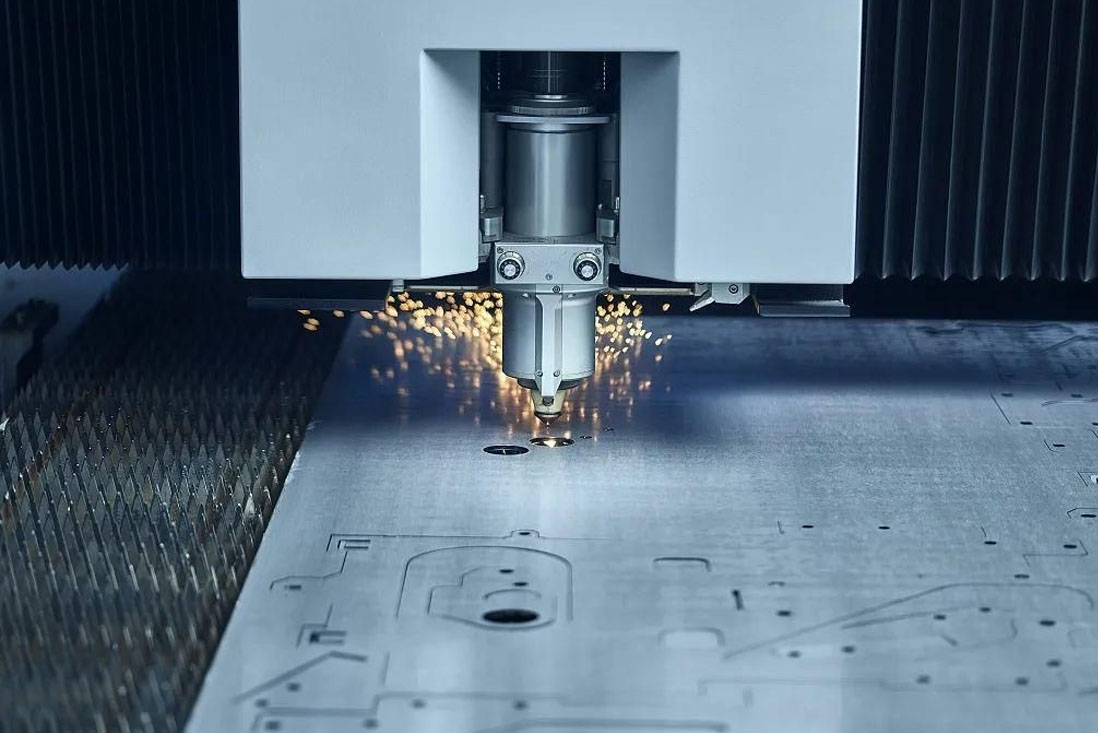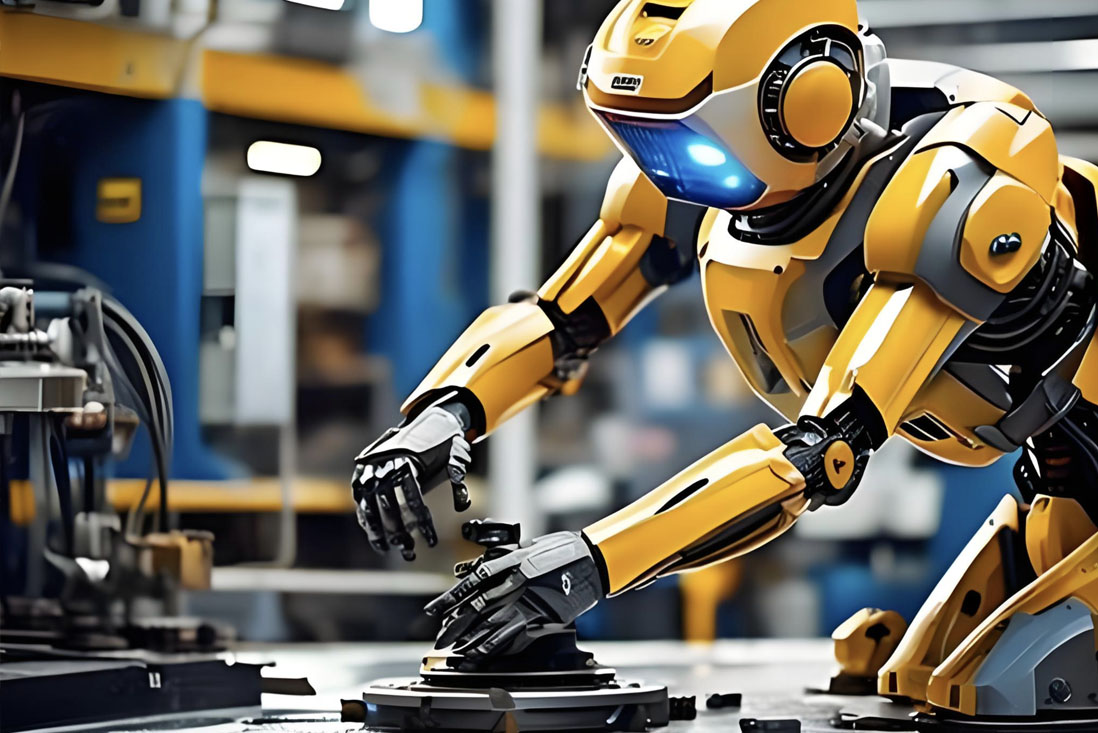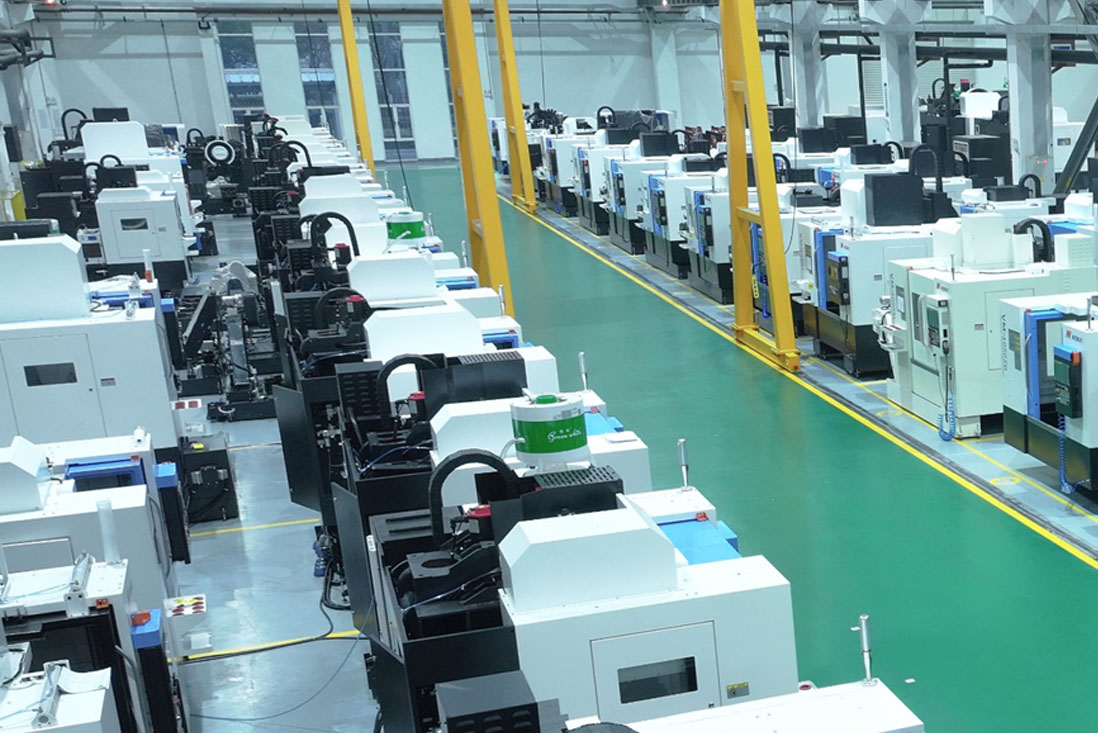
Robots have existed for decades, but traditional robots are mostly limited to pre programmed tasks and lack flexibility and adaptability. Nowadays, the introduction of machine learning and automation technologies enables robots to learn and adapt to new environments. McKinsey's 2023 report states that AI driven robotics technology can bring up to $4.4 trillion in annual growth to global gross domestic product (GDP). This data fully demonstrates the enormous potential of AI in the field of robotics.
How artificial intelligence can improve robot technology
1. Smarter decision-making
Traditional robots rely on pre-set instructions, while AI robots are capable of processing large amounts of data and making autonomous decisions. For example, Amazon's AI robots deployed in warehouses can optimize storage space and plan fast delivery routes, significantly improving logistics efficiency.
2. Enhance automation
AI makes automation more intelligent, and robots can undertake more complex tasks such as production manufacturing, quality inspection, and inventory management. According to the International Federation of Robotics (IFR), the global number of industrial robots is expected to reach 3.5 million by 2025.
3. Enhance human-machine collaboration
AI enables robots to collaborate safely with humans. Collaborative robots (Cobots) are capable of sensing human actions and adjusting behavior in real-time, and are widely used in fields such as manufacturing and healthcare.
4. Natural learning and adaptation
AI driven robots continuously optimize their performance through machine learning. For example, autonomous vehicle use AI technology to analyze traffic patterns and improve navigation systems.
5. Development of the Service Robot Market
AI technology has driven the popularization of service robots, from household cleaning robots to robot chefs, service robots are changing people's way of life. Statista predicts that by 2030, the global service robot market will reach a size of $50 billion.
The future of artificial intelligence in the field of robotics
With the continuous advancement of technologies such as deep learning and computer vision, robots will become more autonomous and intelligent. In the future, robots will play a greater role in fields such as agriculture, medicine, construction, and space exploration. For example, the development of embodied intelligence will enable robots to continuously enhance their abilities through physical interaction with the environment.


 Home
Home Back
Back





